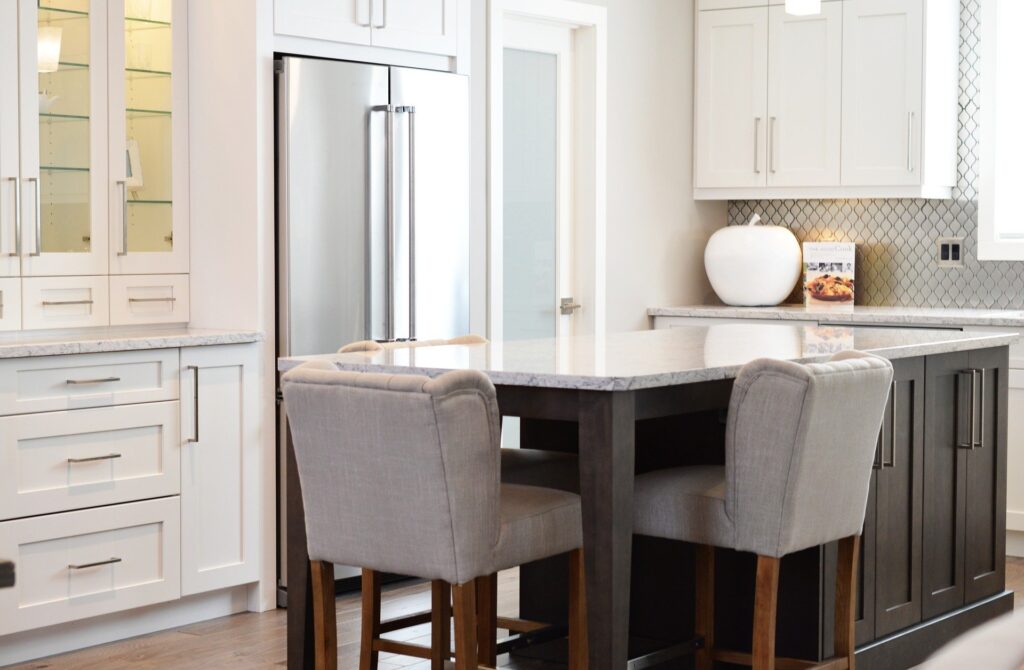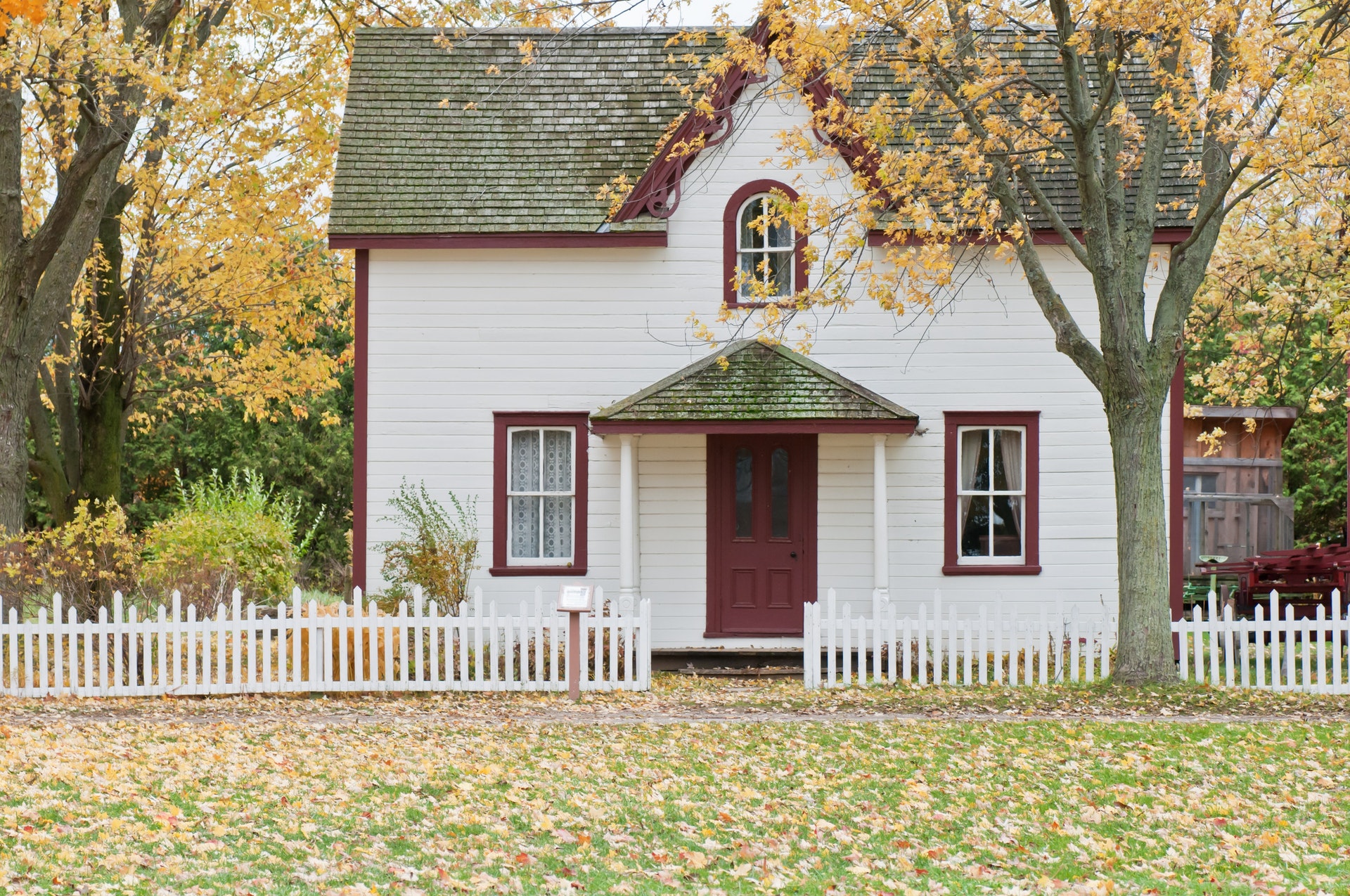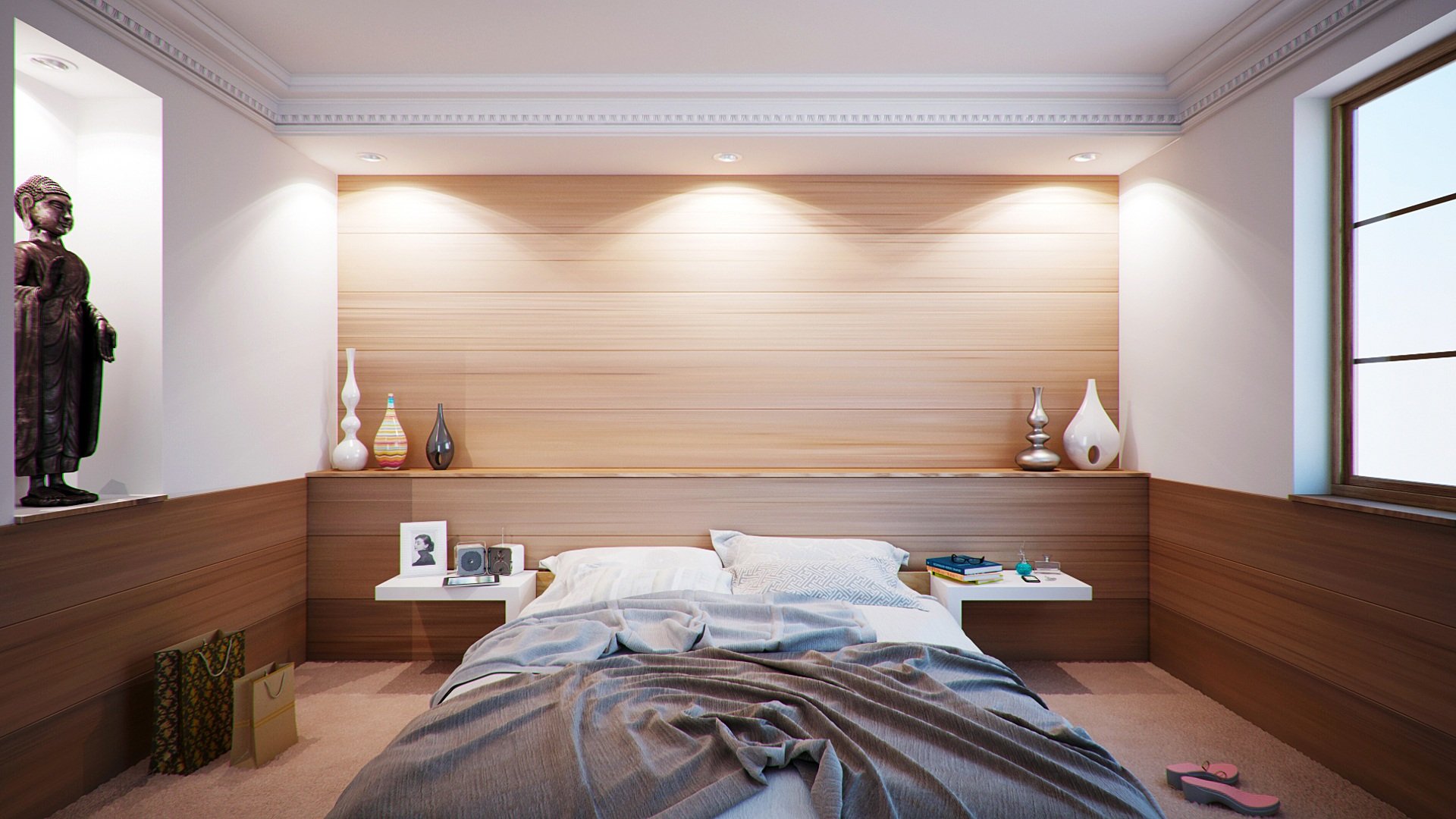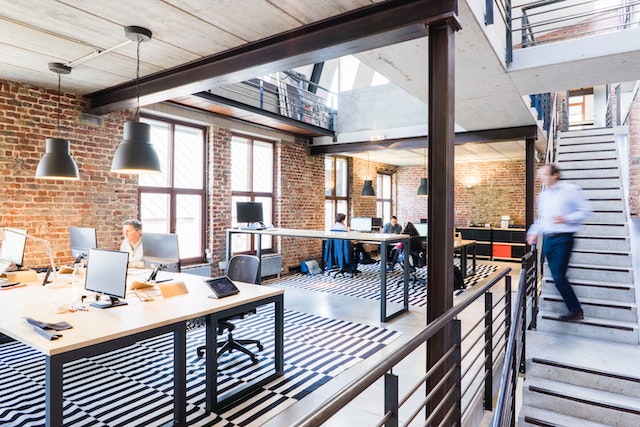Do you feel like you don’t have enough finances to afford a home? Living in your home is not only satisfying, but it can lower your monthly expenses and improve your credit rating. You don’t have to pay monthly rent, and you can rent out space if you no longer need it or sell at a higher price making more money.
With a plan, you can buy an ideal home even when you don’t earn much. Here is how to buy a house on a budget.
Go for a Foreclosure
Homes that have been repossessed by banks can cost way lower than their market value. Banks and other financial institutions aim at disposing homes fast; therefore, they give competitive prices. Usually, the sale goes to the highest bidder, but you can land a great deal for less. Consider bridging loans if you don’t have enough or ready cash to buy after a successful bid. Work with a financier willing to give you a more extended repayment period, doesn’t charge broker fees, offers a fast payout and competitive rates.
Also, consider buying from the owner (For Sale by Owner Property). A property owner may not have the time to negotiate the price with different buyers. He may also have pressing needs that force him to make a quick sale. Some don’t even understand the real value of their home, underquoting the price.

Set Your Priorities Right
It’s essential to differentiate between needs and wants. You may want a house in a particular street but need one that has a large backyard for your children to play. Additionally, make some compromises then correct them later on. For instance, the kitchen may have old but functional cabinets.
You can buy the house then save money for replacing the cabinets later on. Understanding your needs will help you prioritize. Also, remember this is just your first home. Later on, you can sell, then move to a better one when your finances improve.
How Much You Can Afford
Checking your monthly income can hint on how much you can afford to pay in a mortgage. The general rule is, your mortgage payments should not be more than 25% of your monthly income. The 25% includes the principal amount, insurance, interest and taxes. If you earn £10000 per month, your payments should be £2500. This gives you an estimate or idea of how much your ideal home should cost.
Be Flexible on the Neighborhoods
As you will realize, a home’s location may determine its value. You may find two similar homes, but because they are in different areas, the price differs. Be willing to expand your search to other neighbourhoods. A house, 10 minutes away from your ideal setting, can save you thousands of pounds.
Another option is saving until you get enough money to buy your ideal home. This may take a while and may force you to have a strict budget. The good thing is, a saving culture builds financial discipline, especially when you have a specific goal.
Images from Pixabay





2 comments
I like these 4 tips. I have already added them on my notebook. Thank you for sharing!
Glad you liked it, Thank you!